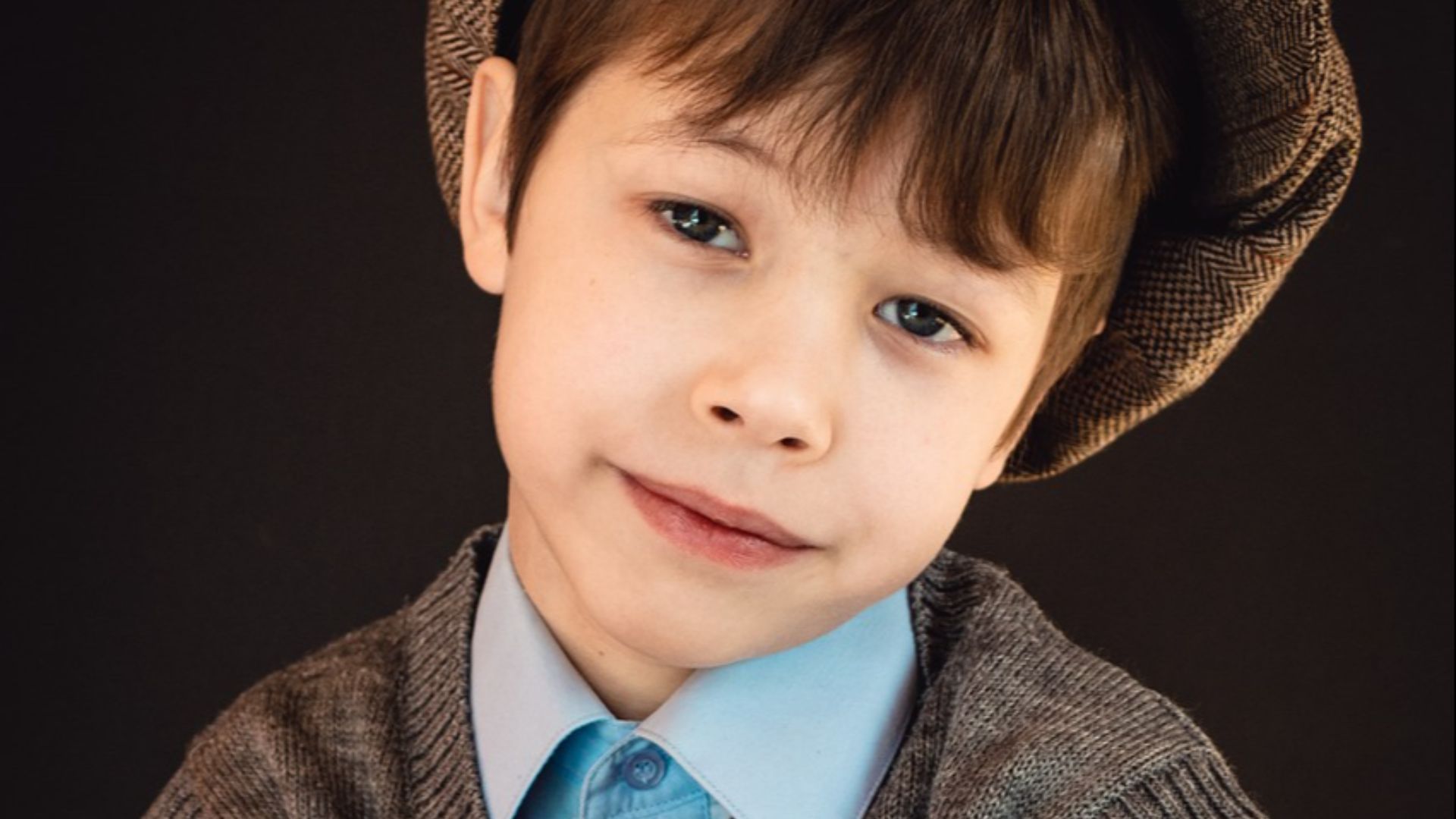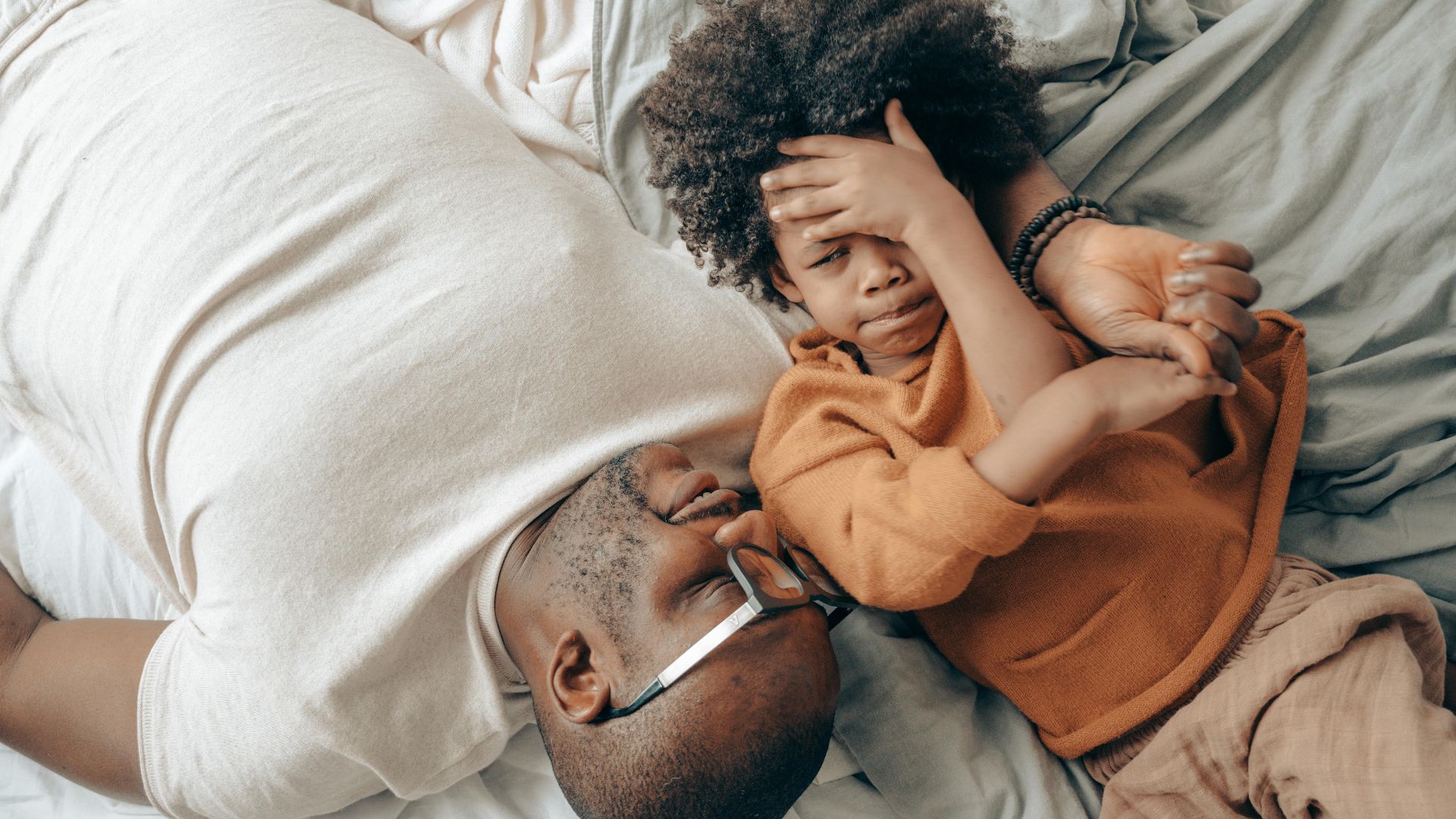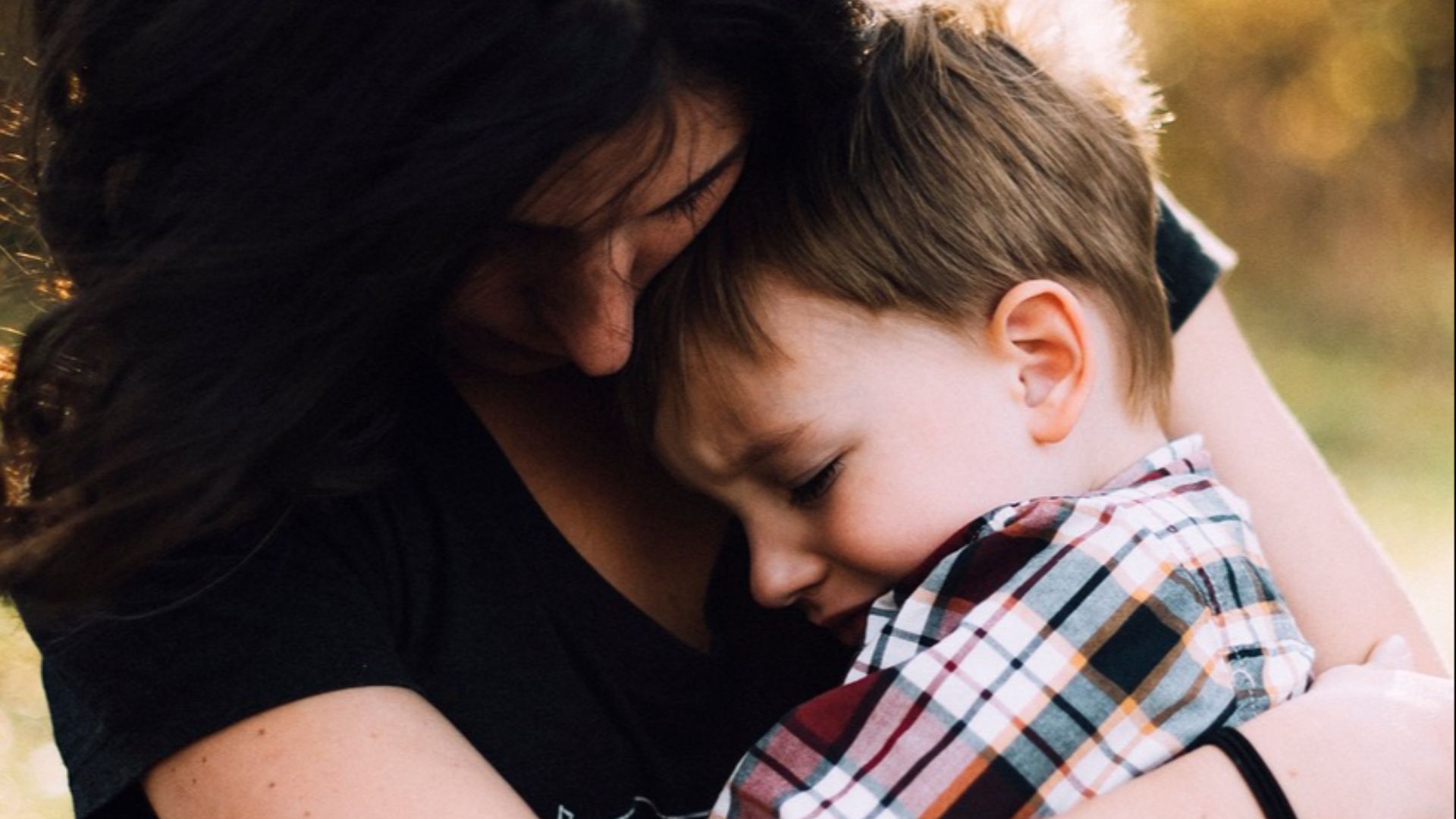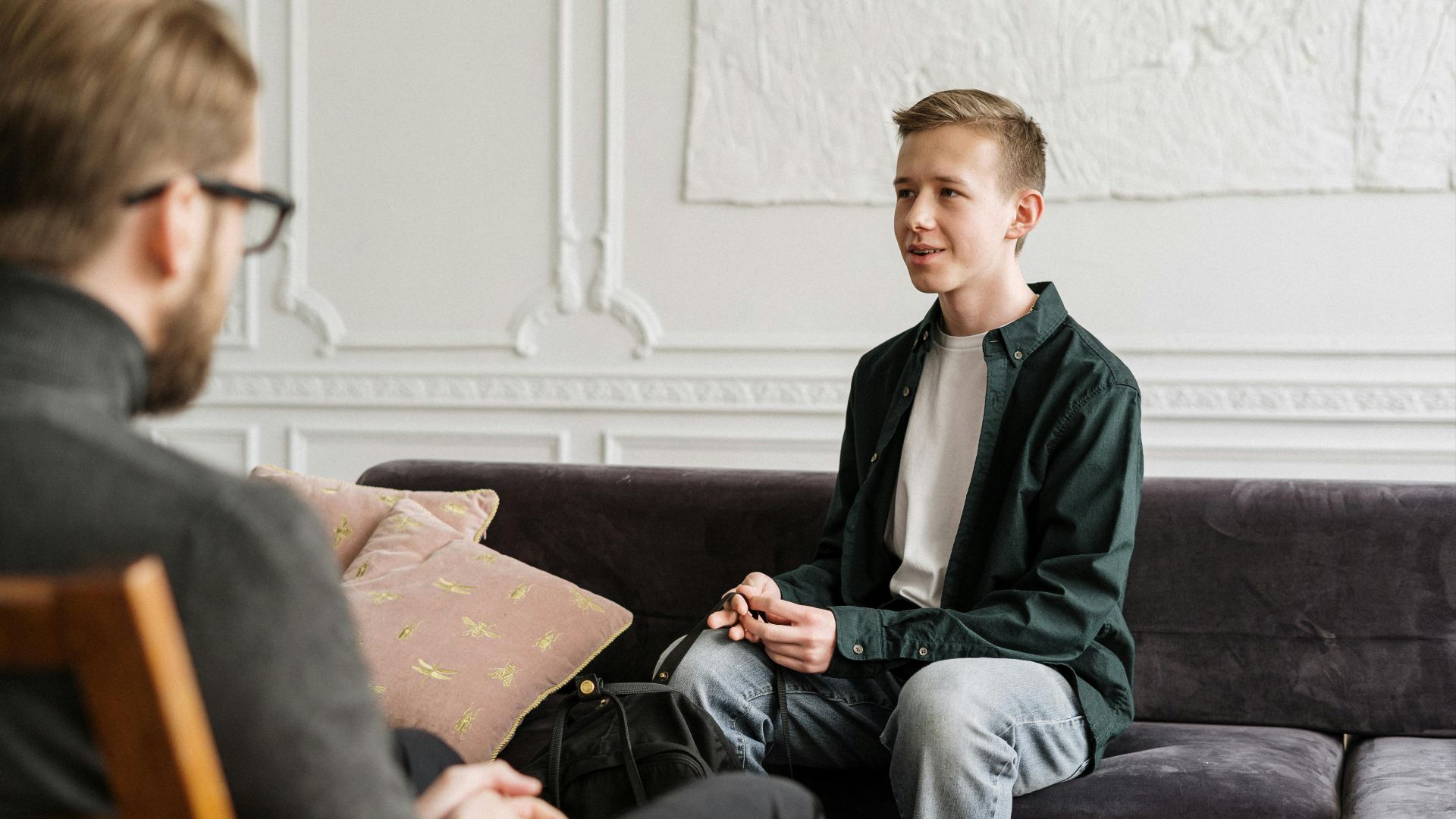Are You Parenting a Bully?
You might assume that it's obvious if your child is a "bad kid," but sometimes, there could be signs you overlook and ignore. Children can have complex emotions, and during their developmental years, it's important to foster a safe, loving, and supportive environment so that they can model the same actions and behavior. If you suspect your child may be bullying others, here are 10 key warning signs to look out for and 10 things you can do as a parent.
1. Hot-Tempered
It might not be a surprise that your child suddenly develops an attitude or is hot-tempered if they're going through puberty. But if they're always talking back, never listening to what you have to say, and tuning you out by locking themselves in their room, there's reason to be wary.
2. Lack Empathy
If they never show empathy for others, such as when someone shares they got hurt or aren't feeling well, and instead counters by laughing or teasing them, that's another warning sign. It's also important to note that if they don't mind acting this way in front of family, they're probably showing this side to other kids at school, too.
3. Often Breaks Rules
Does your child often go against what you say and do the opposite? It could be as simple as refusing to eat their vegetables or not honoring their bedtime curfew. If they're always breaking rules and testing boundaries, they're probably doing the same in the classroom and in front of teachers.
4. Has a Reputation
Have you, more than once, received a phone call from the school's office informing you that your child is serving detention, on probation, or being suspended? Make sure you keep a watchful eye on them if they have a reputation like this at school—and pay attention to what the reasoning is.
5. Obsessed with Fitting In
Another sign that your child may be a bully is if they're obsessed with fitting in. They might insist they have the latest supplies, clothing trends, gadgets, and other accessories, all because "other people have the same thing." They may also worry about looking "cool" and spend more time getting ready in the morning.
6. Verbal & Physically Aggressive
If your child isn't afraid to snap back at you and be verbally—and maybe even physically—aggressive, that's a clear sign they're likely violent and abrasive at school as well. They may also show interest in fighting and violence, such as when watching TV shows.
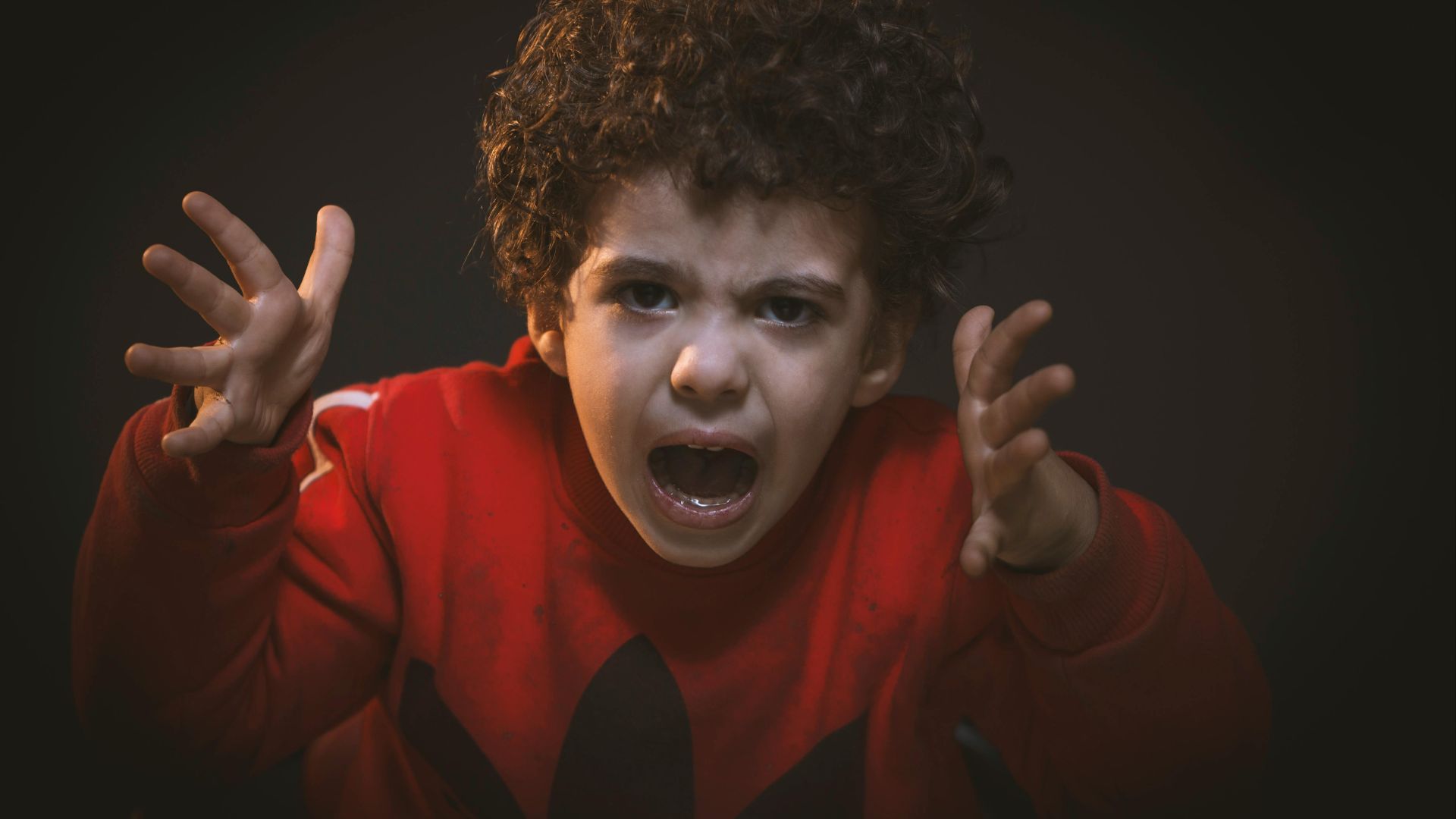 mohamed abdelghaffar on Pexels
mohamed abdelghaffar on Pexels
7. Unexplained New Items or Money
Bullies tend to not only pick on other kids and push them around, but they may also take their money or other belongings. If you discover your child has new items appearing in their room that you know they didn't purchase themselves, they may have stolen them from someone else.
8. Rough Home or Environment
Sometimes, it's also important to look inward. A child's tendency to resort to anger and violence might be because they're simply following by example. This could either be behaviors and actions they've witnessed at home or in other environments.
9. Have Friends Who Are Bullies
Similar to following by example, some kids may bully others simply because others are doing it. However, it can be hard to tell if the crowd they hang out with are a bad influence, unless you've seen them before or they often come over. Other times, your child may explicitly bring it up: "My friend X bullied Y before."
10. Doesn't Take Responsibility
If your child never takes responsibility for their actions and often places the blame on others, this is another warning sign to keep an eye on. For example, they may say they couldn't finish their homework because you told them to do their chores, even though they were just playing video games the whole time.
Now that you're aware of some of the signs that your child may be bullying others, here are 10 key things you can do.
1. Have a Talk with Your Child
The first thing you should do if you find out your child is bullying others is to sit them down and have a talk with them. It's important you understand their thoughts, feelings, behaviors, and motivations. To encourage your child to speak truthfully and honestly, it's also crucial you stay level-headed yet firm.
2. Set a Good Example
Model good behavior and actions at home, as well as how to healthily resolve conflicts without resorting to name-calling, yelling, or violence. As mentioned, sometimes a child could simply be following by example, so look inward and assess—and address—issues at home before focusing on other sources.
3. Focus on Discipline—Not Punishment
It can be a troubling and distressing thing to find out that your child has been bullying others. Even then, concentrate on disciplining, not punishing, them. Discipline promotes growth and improvement, while punishment, like spanking or scolding, may only worsen the situation.
 Photo By: Kaboompics.com on Pexels
Photo By: Kaboompics.com on Pexels
4. Monitor the Situation
Don't forget about the situation after you've addressed it once; it could continue happening without you knowing unless you teach your child the correct way to react, respond, and resolve their behavior. If you put it off, your child may also assume it's okay to act out again.
5. Check In with School & Other Parents
It's also important to check in with teachers and principals at school to fully understand your child's behavior, actions, and reputation. They may be able to share different perspectives and give you more information. Plus, it's a good idea to make sure the children who were bullied are doing okay.
6. Teach Empathy & Accountability
While you're trying to set a good example for your child at home, teach them empathy and accountability. For example, you can encourage them to share their feelings with you, their struggles, their fears, and show understanding and kindness in your responses and reactions. And model accountability or introduce responsibility charts so that they can mirror the same behavior, too.
7. Spend Time with Your Child Every Day
Children who don't feel close to their family and parents may be more likely to isolate, withdraw, and suppress their emotions. Make sure you allot some time every day to read, play, or teach your child new skills. The more time you spend with your child, the deeper the bond becomes between you both.
8. Monitor their Online Time & Digital Platforms
Don't just monitor their situation at school and in real life—it's also a good idea to keep track of their behavior online and how much time they're spending on digital platforms. Cyberbullying is another form of bullying that is harder to monitor, so keep a watchful eye and be transparent to your child about monitoring their social accounts and activity.
9. Praise Achievements
However small, praise your child whenever they meet a goal, score well on a test, or model good behavior. Doing so may encourage and motivate them to continue practicing good attitudes and actions, and creates a kind, supportive environment at home.
10. Talk to a Professional
If you find you can't handle the situation on your own, reach out to a professional. It may also be worth getting a mental health evaluation for your child if the problems persist or escalate. An experienced therapist will understand the best way to help your child work through complex thoughts, feelings, and personal issues.




